The drama of Muhammad Yunus’s resignation will not end anytime soon. The octogenarian’s love for power is insatiable. He can go to any extent to save his skin and to hold onto power. Bangladeshi Army Chief Waker-Uz-Zaman’s insistence on conducting the election in the fag end of this year or early next year and his resentment over Yunus’s unbridled use of power despite being an unelected chief advisor have unearthed a feud between the chief advisor and the army chief.
Yunus has jihadis on his side to exercise street veto to ensure continuity. Hizb ut-Tahrir (HuT) reportedly secures patronage from Yunus and expands its tentacles to safeguard the political status quo. Is the resignation drama a dog-whistling? Yunus may encourage antagonism between opposing forces to underline the persistence of the shaky reality of Bangladesh. The impatient Bangladesh requires no compelling trigger to intensify the ongoing chaos. This will ensure the deferral of the electoral process and insurance for his continuity.
Nine months have passed since Yunus took power under the carefully planted and measured mechanism called the students’ protest, overthrowing Sheikh Hasina for the alleged death of democracy. This is the most convenient phraseology the Western propaganda machinery uses to inflict regime change. Being an American Trojan horse, Yunus did not deviate from pursuing the standard Western line to seize power. Yunus was supposed to restore normalcy and clear the clutter to initiate the election.
Paradoxically, the election does not feature in his political itinerary. He behaves more like an elected entity and carries out crucial decisions, signs, and nullifies deals on a whim or to satisfy his bosses. Waker-Uz-Zaman is right to remind Yunus of his duties. This will surely fall on deaf ears.
Quick Reads
View AllYunus will not change his colour. He will toe the line that he is told to do. He has been brought to power with a purpose. Unless he does that, his relevance will dissipate. Waker-Uz-Zaman’s resentments or concerns will have ripple effects. It is time to see how he exercises his weight as the Army Chief. Inarguably, he wields power and can act as a counterweight to Yunus’s jihadi-led street power. The political travesty undoubtedly takes an interesting turn now.
Yunus likes conflict because he uses it to gain power. Conflict gives him the leeway to pronounce his continuity. He will try to muddy the water to secure as much leverage as he can. He weaponises clutter to exercise his relevance. Deception is his survival tactic. Bangladesh has become the battleground for the shadow war between China and the US. Yunus goes to China and makes comments on India’s landlocked Northeast. He tactically deployed a slip of the tongue to deliver a message and provoke India.
This, Yunus thinks, will make the Chinese happy. The Chinese never foreground emotion. They underline only their interest. On the other hand, Yunus serves the US interest because he was reportedly brought to power by the US deep state. With Yunus as a Trojan horse, the US has entered fully into Bangladesh to check the increasing Chinese interest.
Rakhine Corridor
The bone of contention between Yunus and Waker-Uz-Zaman is the Rakhine Corridor. The former succumbs to the US interest. The latter construes that the Rakhine corridor compromises Bangladeshi sovereignty. This critical issue puts them at loggerheads.
China has penetrated significantly into Myanmar. The latter’s chronic political instability has helped Beijing to push its interests. Connecting China to the Bay of Bengal through Myanmar is its core strategic objective. This will strengthen China’s connectivity architecture and geopolitical footings in the Bay of Bengal region. It will also ease its Malacca dilemma. Rare earth deposits in coastal Myanmar also attract China. The China-Myanmar Economic Corridor (CMEC) is a Chinese flagship project that includes the ambitious Yunnan-Kyaukphyu oil and gas pipeline, the Kyaukphyu port, and a Special Economic Zone (SEZ) in Rakhine state.
To counter the growing Chinese influence, the US enters the region. There is also reportedly Russian interest in Myanmar. The Russian Su-30 fighter jets in the Junta air force increase the latter’s air power to carry out precise strikes at rebel strongholds. The US also pushes its interests to thwart the Chinese hegemony in the region. Since Bangladesh shares a border with the Rakhine state, the US finds the passageway to enter Myanmar.
The US insists that Bangladesh should allow the aid and supplies, including military, medical, and other essentials, to the insurgents in Chin and Rakhine states for their fight against the military junta. The Arakan Army has succeeded in securing territories under its control in Rakhine province. The US emphasises supply routes to strengthen the Arakan Army. The Cox Bazar airport has also become important because of its proximity to Rakhine state. It can be used if the junta intensifies the air attacks on the insurgents. These developments disturb China and its ambitious Yunnan-Kyaukphyu connectivity.
Bangladesh’s economy depends largely on China. Its military equipment is imported from Beijing. Yunus finds himself between Scylla and Charybdis. He can upset neither China nor the US. He finds himself in the curious middle. China has increasingly come closer to the Junta because of the US support for the Arakan Army. The grey zone war has already begun between the US and China in Myanmar. In the great power rivalry in Myanmar, India may support the Arakan Army to safeguard its interests because of its $484 million land-and-sea Kaladan Multi-Modal Transit Transport Corridor (KMMTTC).
Yunus tiptoes dangerously to secure a place in the middle. Can he really steady his shaky political career in Bangladesh? He has become increasingly unpopular in Bangladesh. His authoritarianism has crossed all conceivable limits. If the Arakan Army and other rebel outfits in Chin and Rakhine states succeed in their fight against the military junta, can there be risks to Bangladesh’s sovereignty? They allude to something gravely problematic. The Arakan Army has reportedly gained control of Myanmar’s key border points along Bangladesh. Waker-Uz-Zaman understands the volatility of the region and the possible intensification of conflict.
Bangladesh is not economically sound to wage any war, small, medium, or large. In case of hostility between Bangladesh and the Arakan Army, the situation of the former may exacerbate beyond repair. Since Yunus entered Bangladesh politics, he has messed up everything. Moreover, his political inexperience, love for power, and weird experimentations will further push Bangladesh to the brink of disaster.
Jajati K Pattnaik is an Associate Professor at the Centre for West Asian Studies, School of International Studies, Jawaharlal Nehru University, New Delhi. Chandan K Panda is an Assistant Professor at Rajiv Gandhi University (A Central University), Itanagar. The views expressed in the above piece are personal and solely those of the authors. They do not necessarily reflect Firstpost’s views.


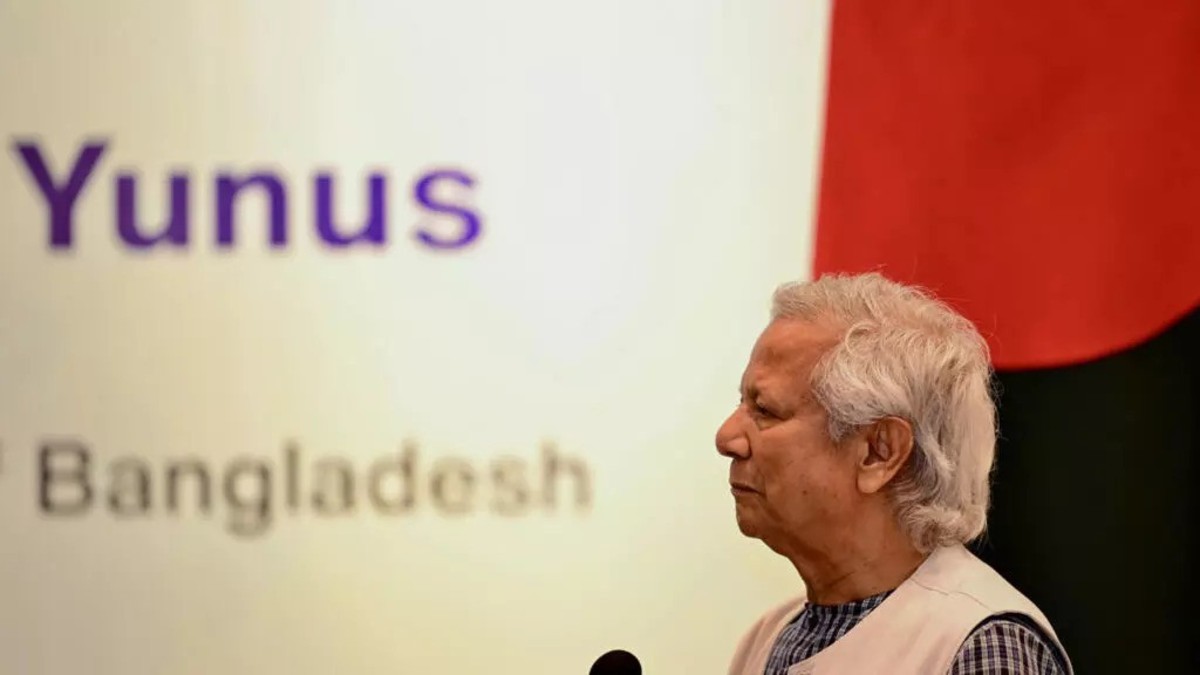)

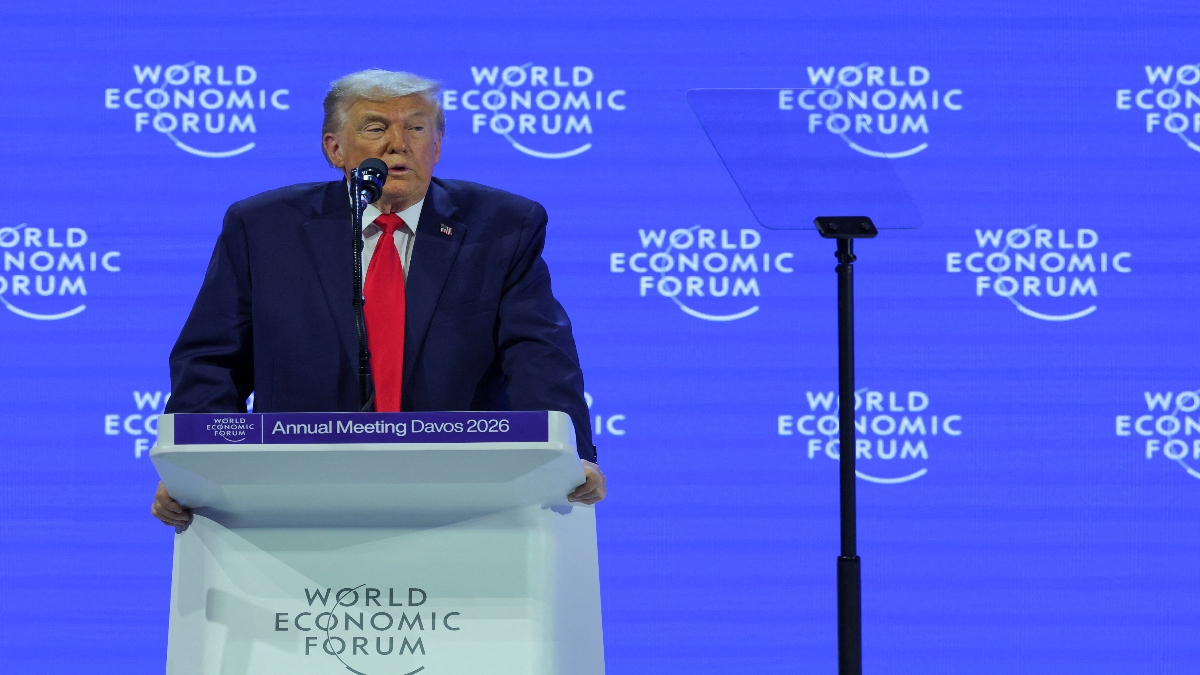)
)
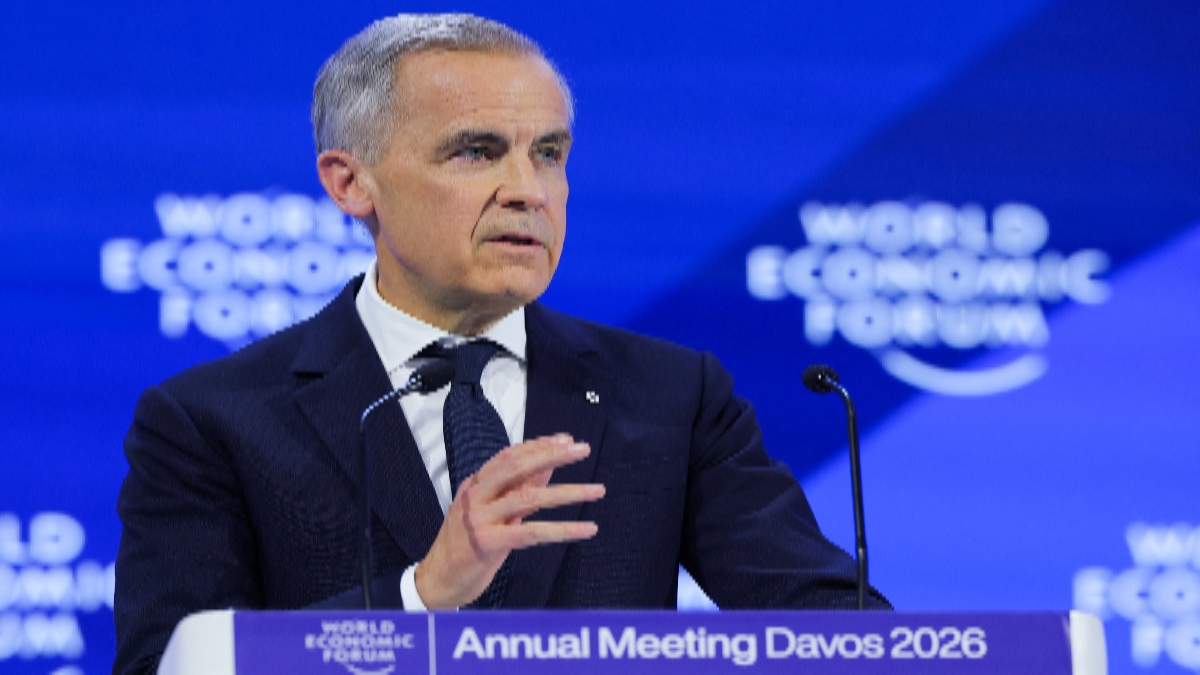)
)
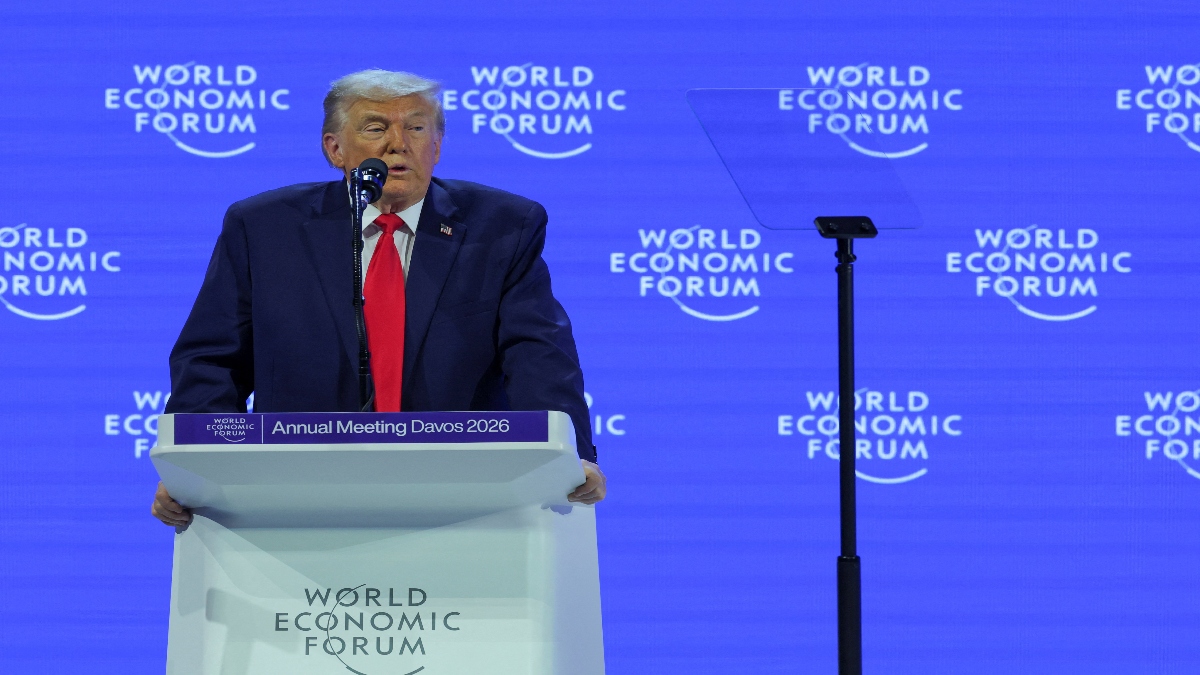)
)
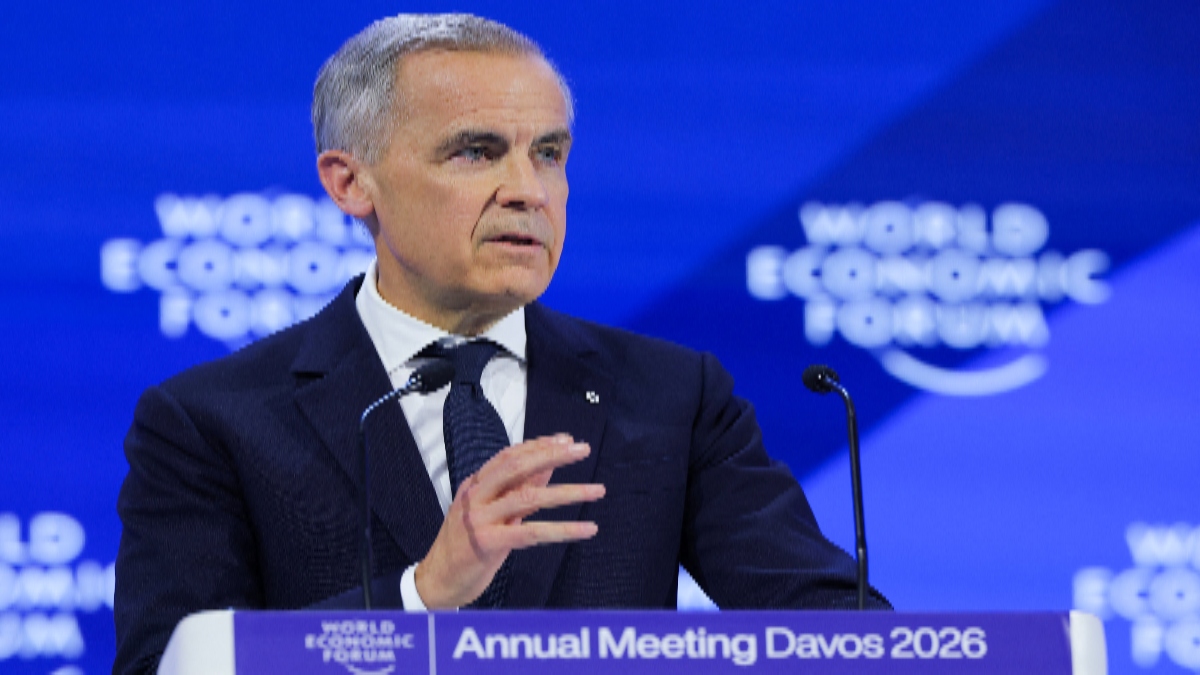)
)



